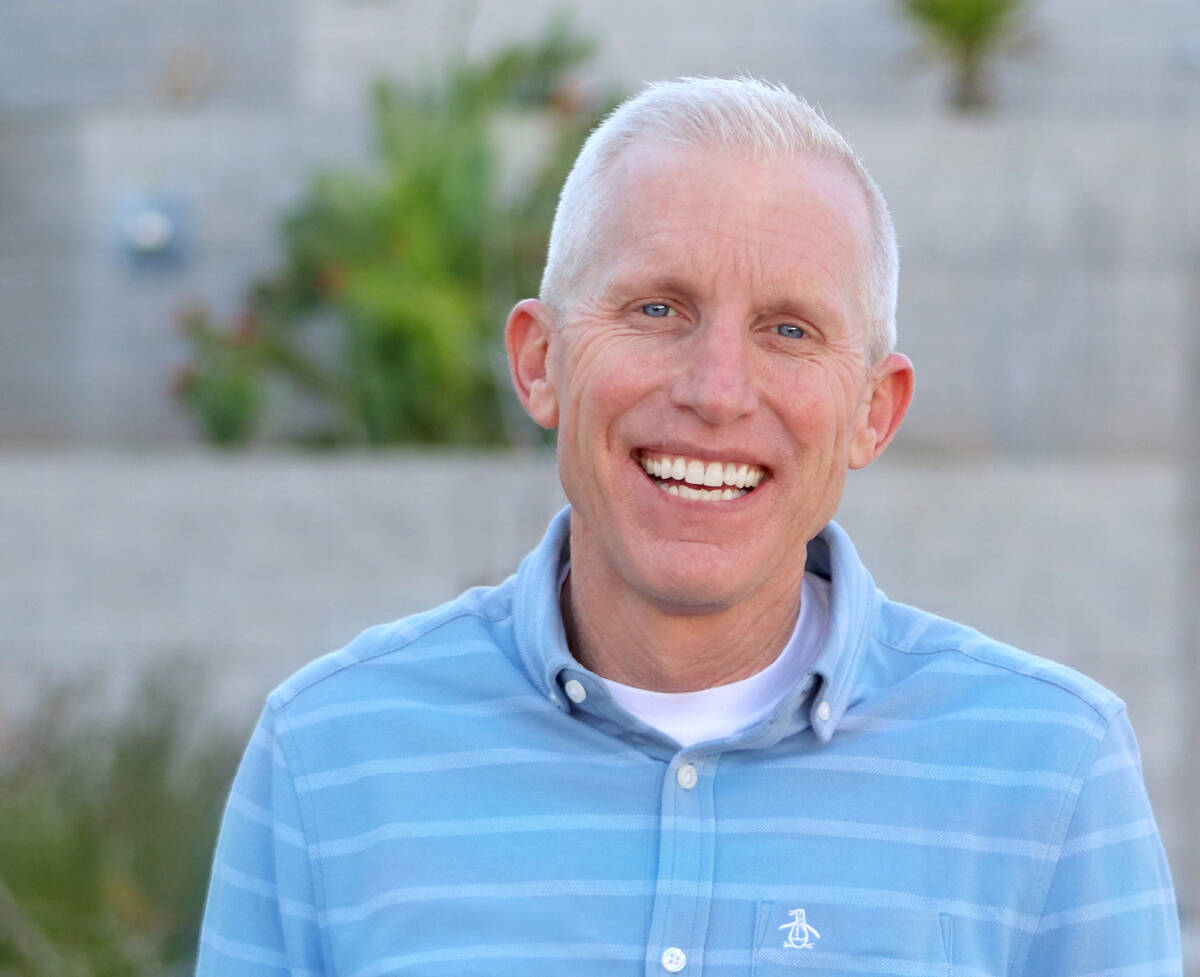How will higher water rates affect HOAs?
NOTE: This week I have asked Bronson Mack, outreach manager for Las Vegas Valley Water District, to address the important topic of how higher water rates will affect our communities.
Southern Nevada is implementing new conservation policies across all sectors of our economy; however, residential homes continue to be our community’s single largest water user group. In fact, residential homes account for nearly 44 percent of all water used in Southern Nevada, with the majority of that water being consumed outdoors to irrigate trees and plants, water grass yards and maintain backyard swimming pools.
Unlike water used indoors, which is recycled and returned to Lake Mead, extending Southern Nevada’s water supply, water used outdoors is only used once. To help further enhance residential water efficiency and reduce outdoor water use, the Las Vegas Valley Water District has implemented two changes to residential water rates.
The first change equalizes rates and water usage tiers across all meter sizes to ensure that all LVVWD residential customers pay the same amount for the water they use. Regardless of a home’s meter size, every residential customer is now billed in accordance with the water usage tiers and rates listed below.
Tiered residential water rates
■ Tier 1: First 5,000 gallons at $1.64 per 1,000 gallons.
■ Tier 2: Next 5,000 gallons at $2.61 per 1,000 gallons.
■ Tier 3: Next 10,000 gallons at $3.88 per 1,000 gallons.
■ Tier 4: Usage beyond 20,000 gallons is $5.76 per 1,000 gallons.
The second water rate change is the addition of the LVVWD’s excessive-use charge. This charge is intended to help reduce water demands amongst the community’s highest residential water users. Based on metered water use, the highest 10 percent of residential customers use about 36 percent of all the water delivered to homes in the valley. The excessive-use charge assesses an additional $9 per 1,000 gallons for water used beyond the established thresholds listed below. The excessive-use thresholds align with the community’s seasonal watering restrictions and are set at about three times the average single-family residential water use.
LVVWD excessive-use thresholds
■ Spring (March-April): 16,000 gallons per month.
■ Summer (May-August): 28,000 gallons per month.
■ Fall (September-October): 26,000 gallons per month.
■ Winter (November-February): 14,000 gallons per month.
Residential customers can manage monthly water bills, reduce outdoor water consumption and maintain water usage below the excessive-use thresholds by following the mandatory seasonal watering restrictions, replacing water-thirsty grass with drip-irrigated plants and trees, fixing leaks and avoiding water waste.
The tier equalization and excessive-use charge do not apply to homeowner’s associations, which are billed the nonresidential water rate within the LVVWD’s service area and typically have separate water meters to serve neighborhood parks and common areas.
Also, HOAs, commercial properties and multi-family residential complexes have until the end of 2026 to replace decorative, nonfunctional grass with drip-irrigated plants and trees to comply with Nevada law.
If your HOA has questions about whether the grass in your neighborhood is nonfunctional, contact the Southern Nevada Water Authority at 702-862-3740 to get an evaluation.
HOAs can also apply for the SNWA’s Water Smart Landscapes Rebate program. The program provides $3 per square foot of grass up to 10,000 square feet and a $1.50 per square foot beyond that while funds last (some restrictions apply).
Southern Nevada can look forward to a bright future and a vibrant economy, which benefits all of us; however, our ability to thrive in the decades to come will be determined by our willingness to adapt to changing conditions and use our water supply responsibly.
Visit lvvwd.com for more details about the water rate increases and a calculator to help you determine the impacts of the new rates. You can also find water-saving tips and rebates on snwa.com.
Barbara Holland, CPM is an author, educator, expert witness on real estate issues pertaining to management and brokerage. Questions may be sent to holland744o@gmail.com












